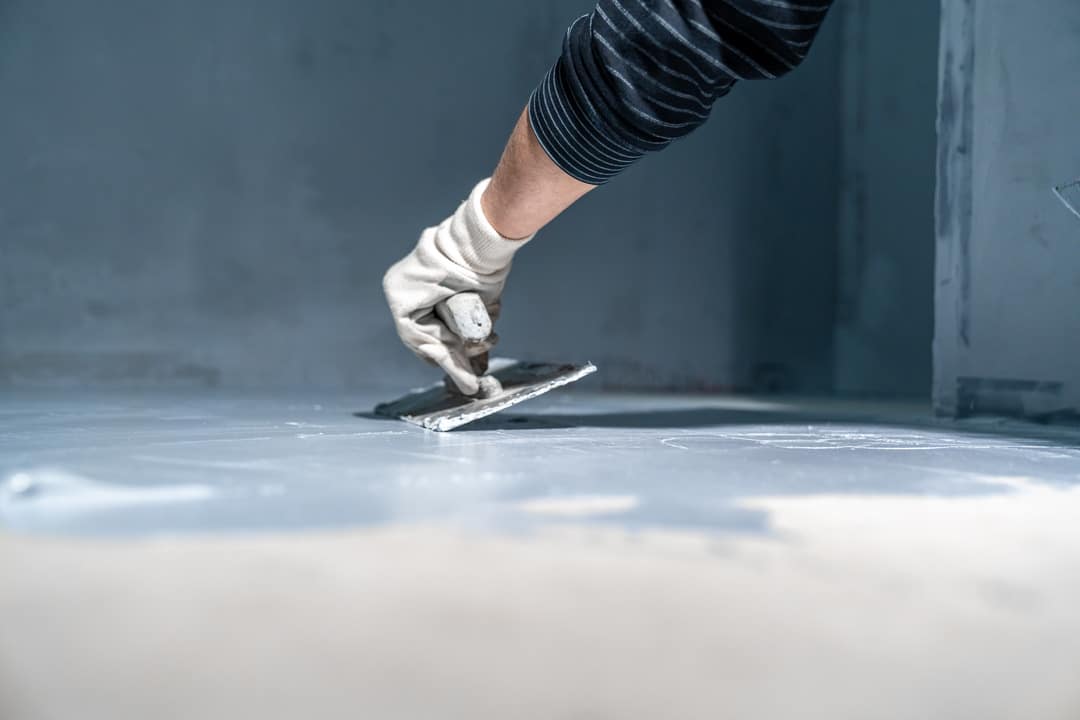If you’ve recently purchased an apartment or house, you need to start familiarizing yourself with the structure in order to maintain it properly as a responsible homeowner. If you’re thinking about waterproofing and protecting your property from external elements, there are key differences between waterproofing an apartment versus a house. Speaking with an experienced waterproofing contractor who can help advise you on the ways environment, property floor plan, location, weather, and surrounding buildings impact your waterproofing needs is essential. Read on to learn more about the differences in waterproofing an apartment and a house that you should keep in mind when doing any projects.
How Apartments and Houses Are Distinct
Other than the obvious aspects of size and building, there are key structural distinctions between apartments and homes that impact any project that you should keep in mind when working with a waterproofing contractor. Firstly, apartments typically share walls with adjoining units as part of a larger building complex of multiple units that have different capacities and sizes. Apartments typically span several stories and units, and have shared common areas like courtyards, parking, roof areas, terraces, gardens, and other amenities like gyms or balconies. Townhouses are larger structures that may span two or more stories, with exclusive amenities like private parking or gardens. Like apartments, townhouses generally share adjoining walls with other units, and there are also common shared amenities. Houses, on the other hand, are fully disconnected from adjacent properties and structures, and only share a few features like fences or street parking with neighbors.
Waterproofing A House
When waterproofing your own house you can pick and choose the company you want to waterproof your home. Some areas to waterproof in a house-type lot include:
- Roof
- Foundation
- Interior wall/tiling
- Exterior Walls
- Gutters
- Ceiling
- Laundry area
- Windows and doors
- Garage
- Outdoor area/pool area
- Bathroom
- Basement
- Balcony/Deck
- Kitchen
Since you’re fully responsible for maintaining your house, it’s important to always be proactive and up-to-date with waterproofing practices; don’t wait until a dripping roof leak snowballs into a deluge that floods your home and destroys your belongings during the next rainstorm. An experienced waterproofing contractor like Shoreline Design Contractor Services will employ quality materials and workers to ensure that any projects we do keeps your home safe and dry.
Waterproofing An Apartment
Depending on your apartment complex, you may or may not be in charge of your own maintenance or choosing your own contractors. If your complex has specific rules and regulations or preferred companies they work with, make sure to get a complete list from them before you make any decisions on a waterproofing contractor. You should waterproof the following areas in an apartment or townhouse:
- Interior walls/tiling
- Windows and doors
- Laundry area
- Ceiling
- Kitchen
- Bathroom
- Balcony
Apartment or townhouse balconies are especially susceptible to mold, rust, and water damage, which is why you should keep an eye on it and make sure your balcony membrane waterproofing is up-to-date and functioning well. Since balconies are directly exposed to the external elements, water and moisture damage is very common.
Contact Us Today
Looking for a waterproofing contractor for your home or apartment? Call Shoreline Design Contractor Services for your next project today!

